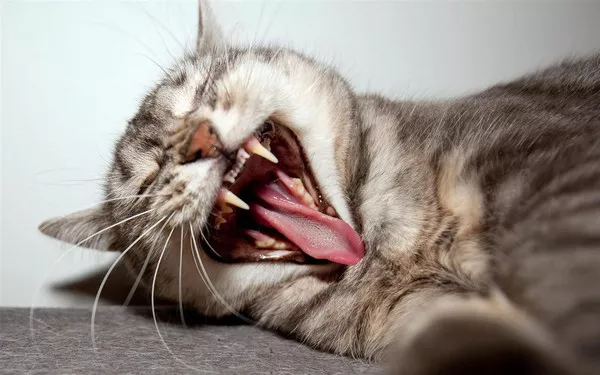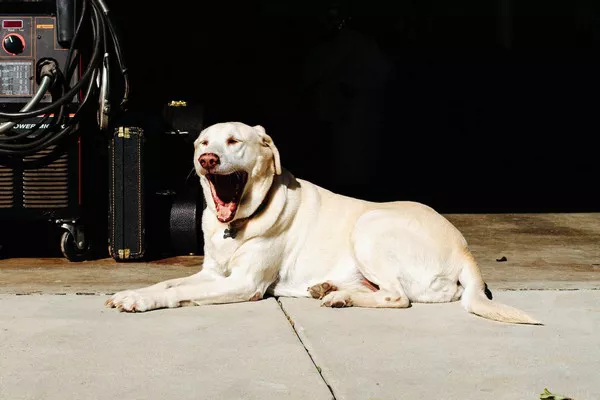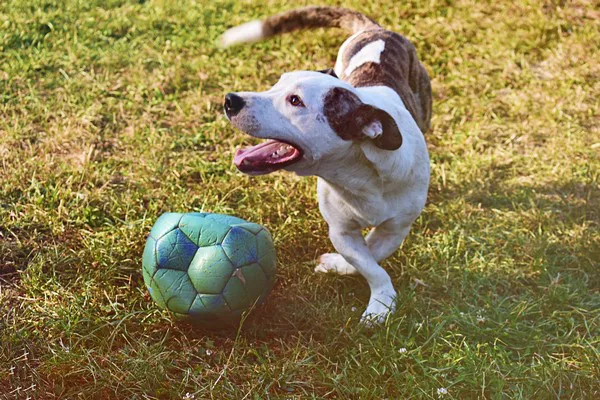A concerning surge in feline fatalities in South Korea, attributed to an unexplained neuromuscular ailment, has spurred a collaborative effort among governmental agencies, pet owners, and veterinary experts to identify the underlying cause, with suspicions centering on a specific local cat food brand.
As reported by local animal welfare organization Life, as of late April 2024, 263 cats have exhibited symptoms indicative of neuromuscular disease, including lethargy, limping, and renal failure, with an alarming 100 fatalities recorded thus far. Notably, these affected cats encompass a diverse array of breeds and backgrounds.
Both the Ministry of Agriculture, Food and Rural Affairs and the Korean Veterinary Medical Association (KVMA) have initiated investigations to ascertain the root cause of the feline fatalities. In an interim report released on April 19, the ministry disclosed that no incriminating substances were detected in three out of 36 samples of cat food scrutinized during their inquiry. However, an additional 30 cat food variants, potentially consumed by the deceased felines, are slated for analysis to detect harmful contaminants, seven viral strains, and two parasitic agents. The ongoing tests aim to detect 78 toxic compounds spanning heavy metals, mycotoxins, pesticide residues, veterinary medications, and melamine.
In tandem with animal rights advocates, the KVMA advocates for broadening the scope of investigations to encompass imported cat food products available in South Korea. Shim In-seop, President of Life, expressed dissatisfaction with the Agriculture Ministry’s report, asserting that it merely covered a mere fraction of the cat food samples in circulation. Plans are underway to enlist the aid of a U.S.-based pet food analysis institution to conduct a comprehensive assessment of the samples in question.
Dubbed “Voldemort” cat food by South Korean feline owners on the Kakao Talk messaging platform, speculation abounds that the affected cats may have ingested products from a prominent local pet food manufacturer between January and April of the current year. This suspicion is compounded by prior allegations in 2015 linking certain products from the same manufacturer to feline cystitis, culminating in fatalities. Despite government clearance at the time, legal action was pursued against critics questioning the product’s integrity, prompting the adoption of the moniker “Voldemort” cat food in reference to the fictional antagonist from the Harry Potter series.
Amid apprehensions that the present wave of feline deaths might be linked to those in 2015, calls from concerned cat owners intensify for the cessation of suspected cat food brands. However, the Agriculture Ministry stipulates that sales and production halts can only be effected upon substantiation of product defects.
The manufacturer of “Voldemort” cat food asserts their cooperation with ongoing investigations, awaiting the findings and reports from the KVMA’s inquiry. With ownership of approximately 15 cat food labels produced by original equipment manufacturers (OEMs) and original design manufacturers (ODMs), the company’s products are not solely confined to domestic markets, but are also exported to the United States and Canada.





















